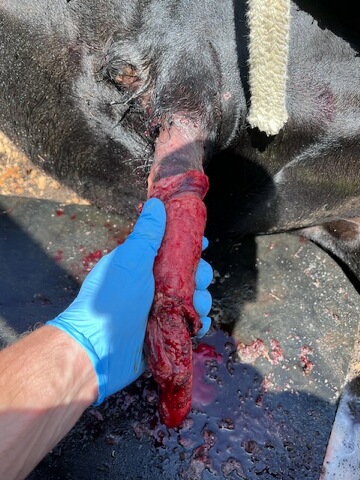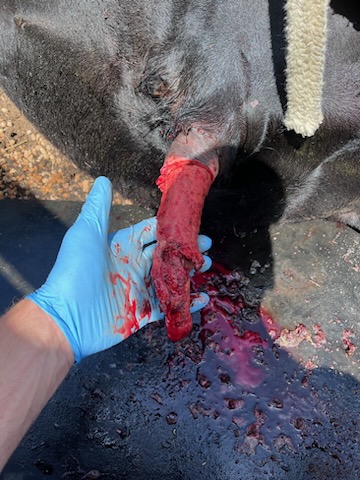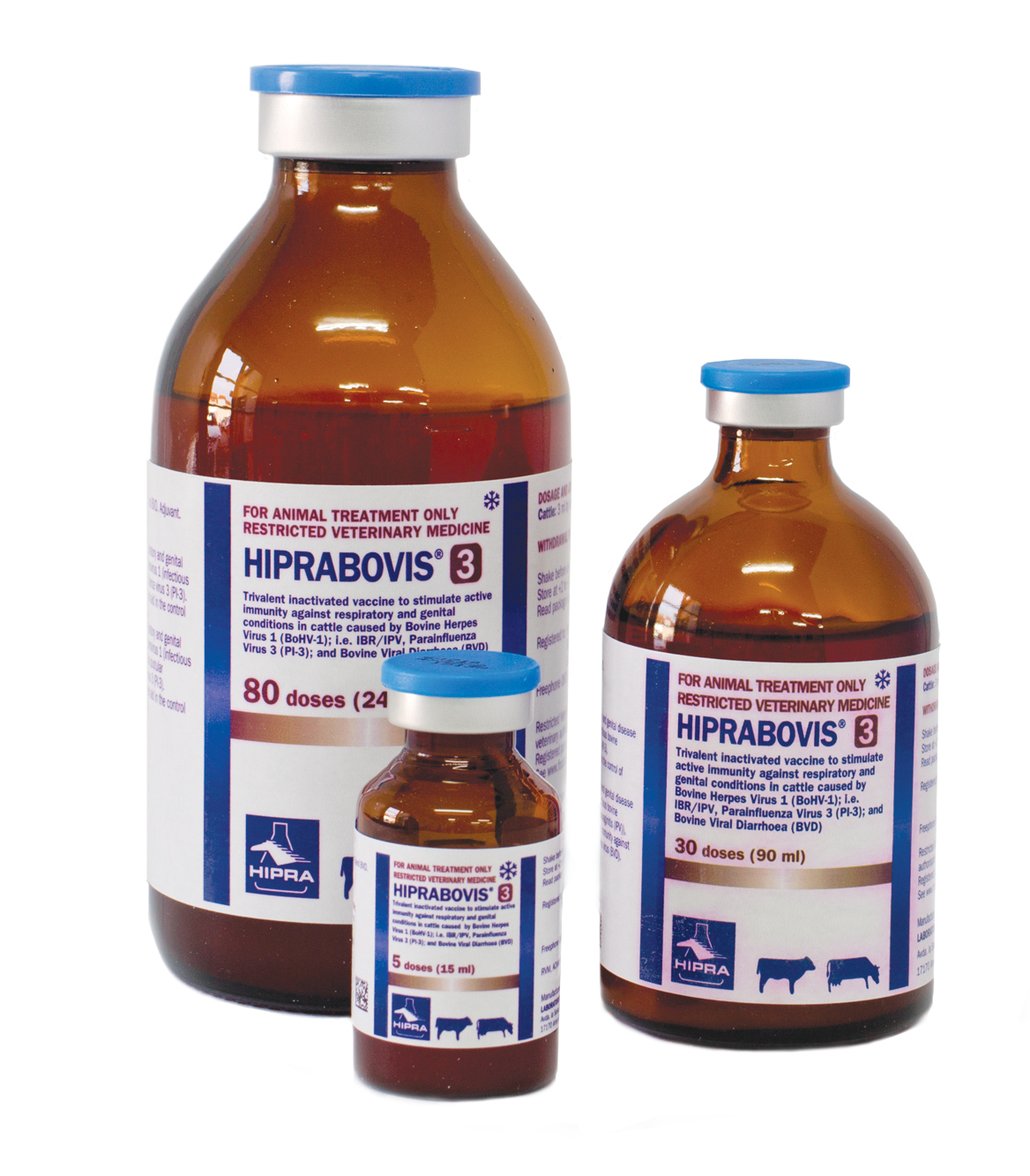Infectious Balanoposthitis (IBP) is a common issue among bulls that can lead to reduced fertility and performance.
It usually starts as a minor inflammation of the penis and prepuce, which can worsen over time due to stress and aggravation. The herpes virus BoHV-1, also known as Infectious Bovine Rhinotracheitis (IBR), is a likely culprit for this condition. IBR can remain in the animal’s system for life and reactivate during periods of stress. All strains of Bo-HV-1, including the one found in New Zealand, are associated with reproductive tissues.
IBR can manifest in various ways, including respiratory and conjunctivitis symptoms, which can be easily mistaken for Pink Eye. However, if the bull develops a high temperature, it can affect sperm quality.
Infertility has been observed among teams of bulls that have been infected with IBR and it can take up to three months for semen quality and sperm count to return to normal following an infection[1]. The presence of IBR in ejaculate can also significantly impact sperm quality and fertilising ability, as demonstrated in a recent study[2].
Cows can also develop a venereal form of IBR, known as Infectious pustular vulvovaginitis (IPV). This condition can lead to disruption of cycling, early embryonic loss, and infertility. IPV can also cause a cow to be unwilling to mate, resulting in lower reproductive performance on the farm.
A New Zealand veterinary case study of a beef herd in Northland showed that a bull infected by a reactivated cow went on to infect an entire mob which resulted in 24 of 54 cows returning empty[3].
Vaccinating bulls for both IBR and BVD (bovine viral diarrhoea) is recommended by veterinarians to ensure their fertility. The good news for beef breeders is that bulls can be vaccinated for BVD and IBR at the same time – at no extra cost – by using Hiprabovis 3.
IBR is currently infecting herds in New Zealand and many veterinarians are reporting cases of recent outbreaks in local herds. Calves may show signs of conjunctivitis and coughing, with a short-lived fever differentiating it from lungworm. Agilis, a New Zealand company, is working to better understand the effects of the virus on farms throughout the country. Their Tech Vet, Ann Wilkinson, has noted that although the disease’s impact is considered mild. Nearly every discussion with vets includes a case history of a recent outbreak in a local herd.
Farmers who have experienced recent cases of IBR affecting their bulls or calves are encouraged to visit Agilis’ website, theschoolofhardknocks.co.nz, to share their experiences. It is more common than many realize and early detection and treatment can help minimize the impact on reproductive performance.


References:
[1] Askin 2013
[2] Rania S. et.al (2020)
[3] Wilson B 1979


